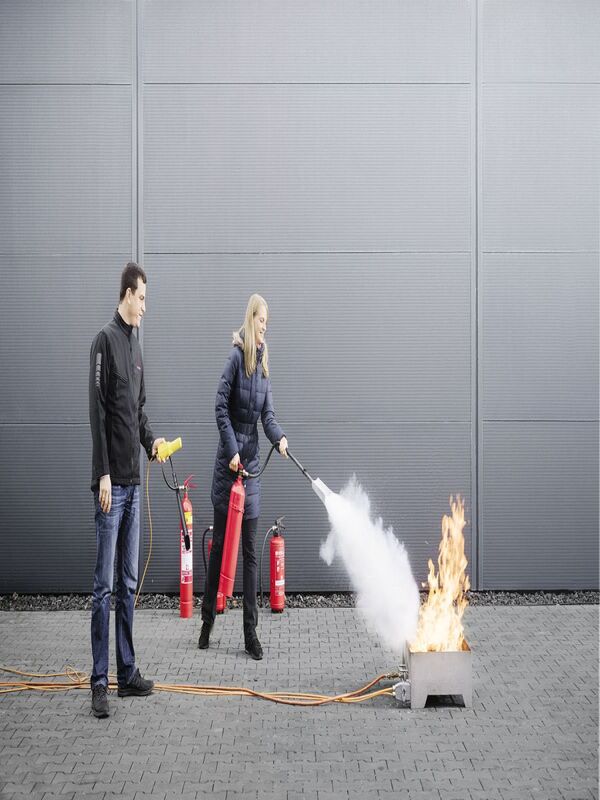User Training
MEPF systems, also known as Mechanical, Electrical, Plumbing, and Fire Protection systems, are crucial components in the construction industry. Training for MEPF systems typically involves understanding the design, installation, operation, and maintenance of these systems. Here's a general outline of the training process for MEPF systems:
1. Familiarize yourself with MEPF concepts:
Start by gaining a solid understanding of the basic principles and concepts related to mechanical, electrical, plumbing, and fire protection systems. This includes learning about HVAC (Heating, Ventilation, and Air Conditioning), electrical power distribution, plumbing and water supply systems, fire alarm and suppression systems, and more.
2. Study codes and standards:
Familiarize yourself with relevant building codes, regulations, and industry standards specific to MEPF systems. These codes ensure compliance with safety, efficiency, and environmental requirements. Some widely recognized standards include ASHRAE (American Society of Heating, Refrigerating and Air-Conditioning Engineers), NEC (National Electrical Code), NFPA (National Fire Protection Association), and local plumbing codes.
3. Learn about system design:
Gain knowledge of the design principles for MEPF systems. This includes understanding load calculations, equipment selection, duct and pipe sizing, electrical panel design, control systems, and other essential design elements. Familiarize yourself with design software commonly used in the industry, such as AutoCAD, Revit, or other MEP design tools.
4. Installation and construction:
Understand the installation process for each MEPF system. Learn about the materials, equipment, tools, and techniques used in the installation of HVAC, electrical, plumbing, and fire protection systems. This involves studying blueprints, coordinating with other trades, and ensuring compliance with design specifications and building codes.
5. Continuing education:
The field of MEPF systems is constantly evolving with new technologies and advancements. Stay updated with the latest trends, energy-efficient practices, and emerging technologies by attending seminars, workshops, conferences, and participating in professional development courses. This will help you enhance your skills and stay competitive in the industry.

